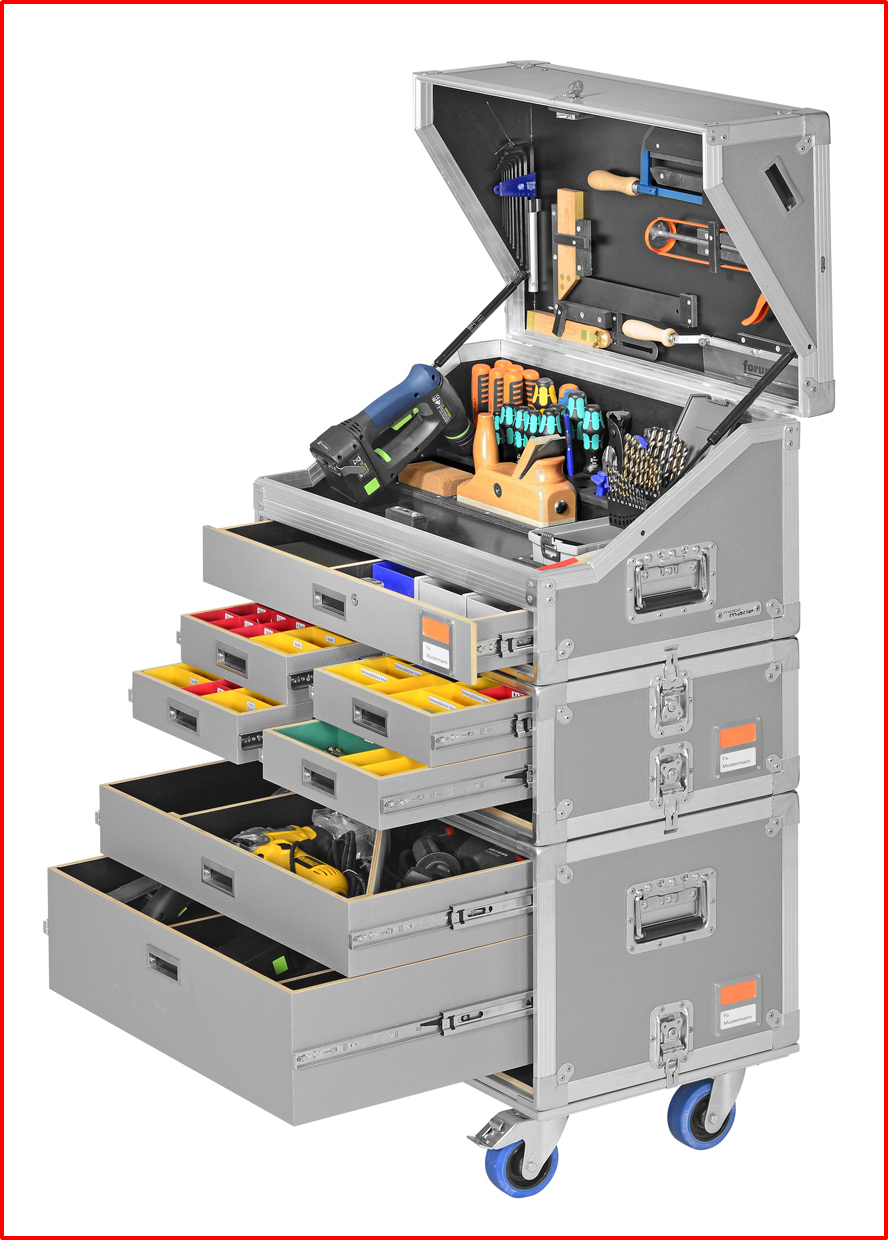Maintenance Audit a great way to measure LEAN
- Richard Kunst

- Sep 20, 2024
- 3 min read
A Mechanic's toolbox can explain more about an organization than the plethora of words from Leaders or any fancy PowerPoint Presentation ....
A few years ago I participated in a Potential Supplier Audit for a large Automotive Assembly company. A cross-functional team had been assembled from Procurement, Engineering, Operations and of course Quality.
The audit started in the boardroom of the supplier where the senior leaders pontificated about the awards won, registrations assigned like being ISO 9000 certified and a multitude of other fancy PowerPoint slides.

Finally it was time for a Facility Tour and as luck would have it as we entered into the factory a Maintenance Technician blocked our path while pushing his Tool Box. Seizing the opportunity our Quality Manager stooped the mechanic and requested from the supplier Leadership Team that he would like to perform an audit of the Technician's Tool Box.
It became very telling of what was the true reality of the facility and even exposed the culture ... here is what he found:
He noticed that in several cases standard tools had been actively modified for a specific purpose. Upon further inquiry, the mechanics confessed that certain pieces of equipment were constantly breaking down and this was easy remedy to get machines active again.
The toolbox had a huge chain and lock attached to it, in order to prevent it probably from wandering away. This was a huge indicator of the culture that existed within the facility where the supplier team had just pontificated about respect for people.
Spare components that the company produced were stored in the tool-chest. This was to enable operations to meet numbers while the machine was being repaired or adjusted.
Without even walking the process our Quality Manager quickly to concluded the following;
Lack of organization resulted in unnecessary extended downtime while mechanics searched for tools.
Lack of Robust processes since the mechanics carried hand modified tools and a lack of a strong Preventative Maintenance Program.
A problem culture since the mechanics felt they needed to lock their tool boxes to prevent theft … or maybe contain the clutter …
Spare components … in order to support operations in meeting targets.
Needless to say our Quality Manager terminated our Audit telling the Organization they were not yet ready or capable to support our needs. Of course, the company was shocked, but also understood and asked what they needed to do.
So what is the answer and believe me it will work for most of you?
Facilitate a Kaizen event in your Maintenance area.
Get them organized … but think before you act. Sort by commodity and then machine type.
Use an outside resource for the initial sort and Red & Yellow tag event … maintenance will be reluctant to cull anything initially.
Date stamp everything, if it has not been used within a year … return for credit.
Measure reactive maintenance vs. preventative maintenance.
Train your technicians in formal problem solving to help them more quickly identify root cause.
Leverage your quality department to monitor your machine repair logs. With them using their standard array of tools they can show trends of re-occurring defects and break-downs and act as the bridge to engineering to solve the problem.
I am firmly convinced that if you provide the maintenance department some focus on basic Lean principals like 5S+1, it will lead to immediate general productivity improvements and a happy and healthier workplace.
In the maintenance department they seldom have to follow the traditional financial rules. They purchase spare parts, just in case and of course these parts are seldom inventoried but rather expensed upon receipt. Maintenance folks are definitely pack-rats not because they want to, but rather the more parts they have the better chance they think they have in getting a process back up and running quickly. Often during our 5S+1 activities we are able to significantly trim the spare parts inventory often selling the excess or returning for credit giving us some wonderful mounds of found cash.
So yes, in the end our Quality Manager was able to read the organization correctly and although initially the Supplier President was visibly upset … 12 months later upon a return trip we saw a dramatic difference at the facility and the tour took much longer and yes we did a deep inspection of the maintenance department and technician tool boxes.




Comments